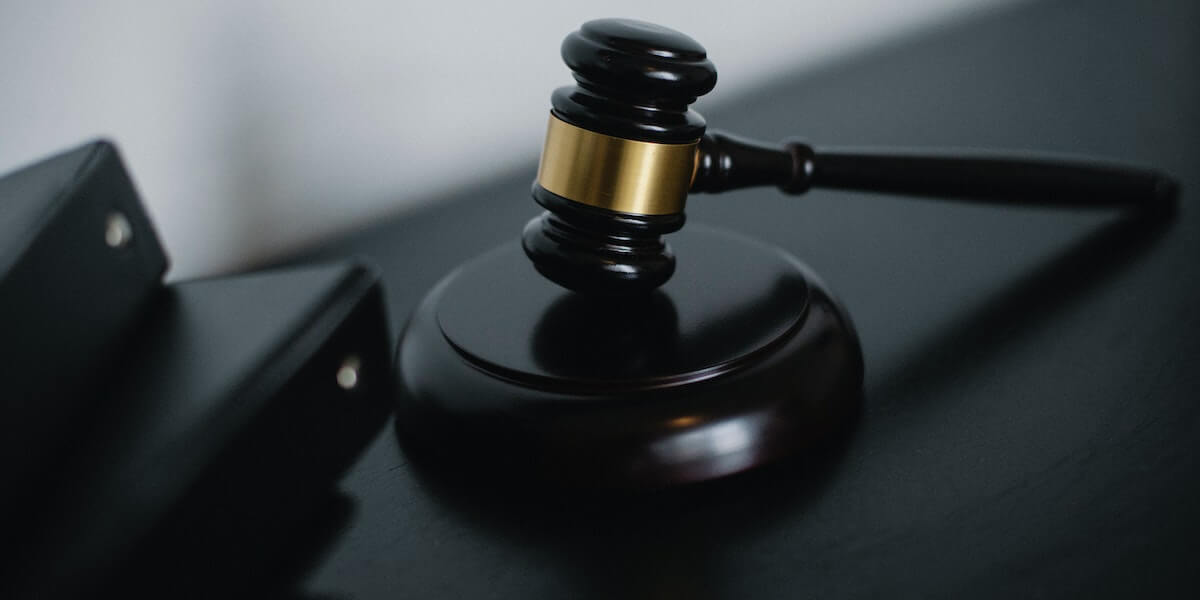When I hear that question, I am always reminded of what Abraham Lincoln said:
“The Man who represents himself has a fool for a client.”
But let’s place the question in context when it involves those serving in uniform in our Armed Forces.
You have just returned from a morning PT run with your unit and are ordered to report to your 1st Sergeant’s office and informed you are under a formal investigation for theft. Your first reaction is to act and try to clear it up as fast as possible. As servicemembers, all of us are trained to deal with threats upfront, act decisively and resolve the issue and move on to the next situation. However, it is generally advisable if you are under any type of investigation to initially be aware of what you are being investigated for and hold off an urge to immediately attempt to talk to whoever is conducting the investigation.
There are four main types of military investigations, but all could possibly affect your career and life both short term and long term:
- property damage or loss,
- illness/injury in the line of duty,
- command-directed, and
- criminal.
You can contact us 24 hours a day, 7 days a week via phone at 8885294543, by e-mail at info@tullylegal.com or by clicking the button below:
And many times, there is an overlap among those different investigations. A line of duty investigation for an injury sustained on duty or investigation for property damage may reveal that misconduct or negligence also occurred, which could possibly trigger a criminal investigation.
These investigations could result in punitive action or punishment. So, let’s point out steps you can take to protect yourself when facing a command-directed or criminal investigation.
Maintain Composure and “Saw the Wood”
Criminal investigations can be lengthy and most important is to maintain composure and as my late father used to say, “saw the wood in front of you.” Continue to perform your duties, act rationally and importantly, assert your rights and always protect yourself.
Whether you learn about the investigation formally or informally, immediately take mental note of what you’re are being told. Remember as much as you can as this will help you when you and any counsel you decide to consult with are deciding the best course of action for your case.
Focus on the who, what, when, where, and how of the allegations. That information will be vital when discussing your case with an attorney you chose to speak with.
Assert Your Rights
The most important thing to remember when under investigation is to keep quiet. Under Article 31b of the Uniformed Code of Military Justice (UCMJ) a servicemember has an absolute right to remain silent when confronted with an accusation of criminal misconduct. Article 31b of the UCMJ protects the rights of military members and is similar to Miranda warnings. These rights include:
- the right to remain silent,
- the right to counsel,
- the right to know the accusation,
- the right to relevant evidence, and
- the right from protection from unlawfully obtained evidence.
As previously stated, it might be first nature to try to clear things up, but the advice is not to fall into that trap.
While I have immense respect for military law enforcement agencies such as the Army’s Criminal Investigative Service, the Navy’s Criminal Investigative Service and the Air Force’s Office of Special Investigations, their mission is to investigate felony and serious violations of military law. They are not there to assist in guiding you, especially if you are the subject of the investigation. Many times, without counsel present, the more you tell an investigator, the deeper a hole you dig, and you can’t get out.
The second thing to remember is don’t agree with anything! You may be asked to “volunteer” to let an investigating officer go through your personal cell phone, your car, personal computer, or any other place that may be helpful for an ongoing investigation. But both the U.S. Constitution and the UCMJ guarantees your right to refuse consent to searches and seizures.
Bottom line: avoid anything that an agent says will help “clear your name” such as taking lie detector test without at least consulting with an attorney. Lie detector tests or polygraphs are based on your physical reactions to questions posed by law enforcement agents. The polygraph examiner many times will attempt to urge you to discuss additional information as the test could be indicating you may be “withholding information.” Remember if you find yourself digging a hole, stop digging and contact an attorney.
And that leads me to the third point which is to inform the investigator you want to speak with a lawyer. Don’t let an investigator try to talk you out of getting legal advice. An attorney can act as go between you and law enforcement, as well as help you evaluate the evidence against you and determine what can and will be helpful and harmful to your case.
Obey Orders and Saw the Wood
At the outset of investigation, either a law enforcement agency or your command will give specific orders regarding the investigation such as not to contact the individual making allegations or other witnesses. It’s critical those orders are obeyed. Violations of those orders and contacting witnesses or an accuser could be viewed as possible obstruction of justice and result in even further possible criminal charges. Continue to perform your duties, impress your chain of command even while under investigation and remember, “saw the wood in front of you.”
Ready to book your consultation? Click below to pay our consultation fee and book your meeting with an attorney today!
Best Possible Path to Clear Your Name
It’s not expected for any Servicemember under investigation to know complexities of how to navigate proceedings but being aware of your rights can help you on a path to hopefully clearing your name and continuing not only your military career, but the rest of your life.
Remember don’t fight an investigation by yourself. I encourage those under investigation to work with an experienced military or civilian attorney throughout the investigative process.
Tully Rinckey attorneys understand that issues involving military investigations can be challenging, and they will handle your matter with the attention and tact it deserves. If you have additional questions about handing a military investigation, our team of attorneys is available to assist you today. Please call 8885294543 to schedule a consultation or schedule a consultation online.
Bill Hudson is a partner in the law firm of Tully Rinckey where he focuses his practice on military and veterans law, security clearance and national security, federal employment, and Congressional investigations. Prior to joining the firm, Bill served as president and CEO of Hudson Consulting. He also served as the Acting General Counsel to the Department of Veterans Affairs from 2019-2021, and from 2010-2019 served as the Deputy General Counsel and Director of Congressional Investigations in the Office of the General Counsel, Department of Defense. Bill retired from the United States Army in 2010 as a Colonel with over 27 years of active service in the Army’s Judge Advocate General’s Corps and experienced in all matters of military and criminal law.







